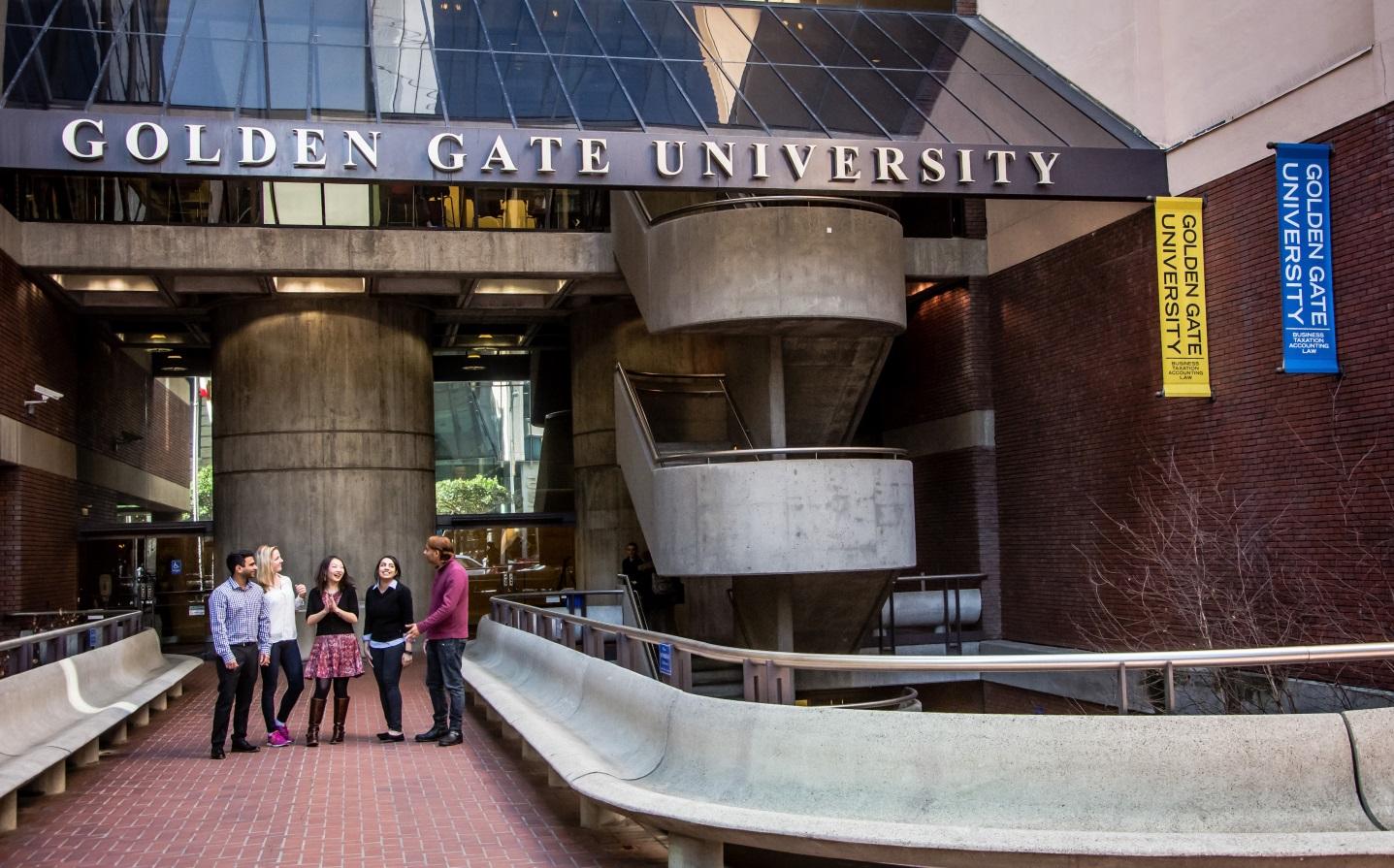
In a recent announcement, Golden Gate University revealed its decision to discontinue the Juris Doctor (J.D.) program at the Golden Gate University School of Law in May. The university officials clarified that while the J.D. program is ending, the law school will remain operational, continuing to provide non-J.D. Graduate and undergraduate degree programs.
Decision in Response to Market Realities
Golden Gate University President David Finke and Board of Trustees Chair Barbara Mendelson explained the rationale behind the decision, citing the evolving dynamics of the marketplace and the law school’s standing within it. They emphasized that after a comprehensive analysis of various trends and data, it became evident that offering the J.D. program was no longer viable.
Foreseen Financial Challenges
This move was not a complete surprise, as the university declared the law school to be in “financial exigency” in May, signaling an uncertain future. Subsequently, in October, the law school submitted a plan to the American Bar Association (ABA) outlining the strategy for handling remaining law students in the event of closure.
Factors Contributing to Closure
The university pointed to several factors influencing the decision, including declining enrollment, a challenging employment market, and consistently low bar exam pass rates. Golden Gate University had been struggling to meet the ABA’s accreditation requirement that mandates at least 75% of law school graduates pass the bar exam within two years.
Want to know if you’re earning what you deserve? Find out with LawCrossing’s salary surveys.
Persistent Bar Exam Challenges
Recent data from the ABA revealed that the law school’s two-year pass rates were 63% for the class of 2020 and 67% for the class of 2019. Despite efforts such as reducing the first-year class size in 2022 and providing full scholarships to new full-time J.D. students, the measures were insufficient to salvage the J.D. program.
Transition for Current J.D. Students
Under the plan submitted to the ABA, current J.D. students can transfer to another law school or complete their degree at Golden Gate University. However, the law school will not be admitting any new J.D. students. The fate of the law school’s 31 full-time faculty remains unclear, with decisions pending clarification.
National Landscape and Alternatives
Golden Gate University’s decision marks a unique development in legal education, as other universities that closed law schools typically ended J.D. programs along with them. In recent years, some California law schools, including the University of La Verne College of Law and Thomas Jefferson School of Law, chose to terminate ABA accreditation and instead became accredited by the State Bar of California.
Diversified Academic Offerings Continue
While discontinuing the J.D. program, Golden Gate Law will maintain its commitment to legal education by offering various non-J.D. Programs. These include LL.M. degrees catering to foreign and U.S.-trained attorneys and a master’s degree program designed for non-lawyers. Additionally, the university will continue to provide an undergraduate bachelor’s degree in law.
As Golden Gate University navigates these changes, the legal education community will keenly observe the implications of this decision on the broader landscape of law schools and legal studies.
Don’t be a silent ninja! Let us know your thoughts in the comment section below.

